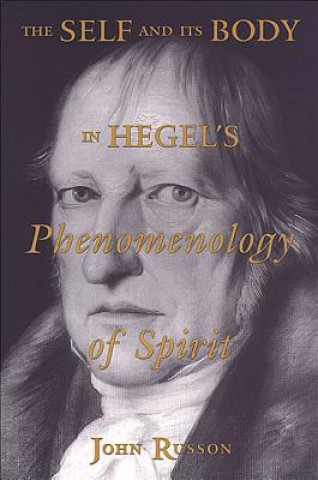
Kód: 04710487
Self and its Body in Hegel's Phenomenology of Spirit
Autor John Russon
A major criticism of Hegel's philosophy is that it fails to comprehend the experience of the body. In this book, John Russon shows that there is in fact a philosophy of embodiment implicit in Hegel's Phenomenology of Spirit. Russo ... celý popis
- Jazyk:
 Angličtina
Angličtina - Väzba: Pevná
- Počet strán: 216
Nakladateľ: University Of Toronto Press, 1997
- Viac informácií o knihe

108.88 €
Dostupnosť:
50 % šanca Máme informáciu, že by titul mohol byť dostupný. Na základe vašej objednávky sa ho pokúsime do 6 týždňov zabezpečiť.
Máme informáciu, že by titul mohol byť dostupný. Na základe vašej objednávky sa ho pokúsime do 6 týždňov zabezpečiť.Prehľadáme celý svet
Mohlo by sa vám tiež páčiť
-
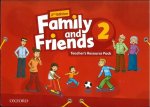
Family and Friends: Level 2: Teacher's Resource Pack
33.28 € -26 % -
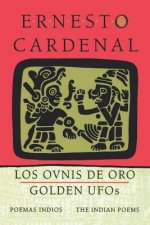
Golden UFOs: The Indian Poems
35.81 € -

Environmental Chemistry
114.57 € -
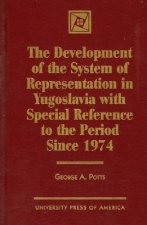
Development of the System of Representation in Yugoslavia
230.97 € -
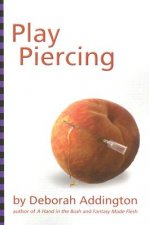
Play Piercing
14.50 € -4 % -
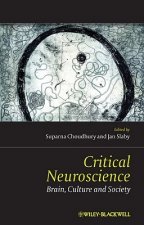
Critical Neuroscience - A Handbook of the Social and Cultural Contexts of Neuroscience
290.54 € -
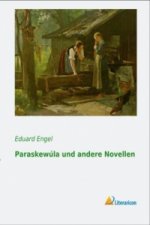
Paraskewúla und andere Novellen
40.38 €
Darujte túto knihu ešte dnes
- Objednajte knihu a vyberte Zaslať ako darček.
- Obratom obdržíte darovací poukaz na knihu, ktorý môžete ihneď odovzdať obdarovanému.
- Knihu zašleme na adresu obdarovaného, o nič sa nestaráte.
Informovať o naskladnení knihy
Zadajte do formulára e-mailovú adresu a akonáhle knihu naskladníme, zašleme vám o tom správu. Postrážime všetko za vás.
Viac informácií o knihe Self and its Body in Hegel's Phenomenology of Spirit
Nákupom získate 271 bodov
 Anotácia knihy
Anotácia knihy
A major criticism of Hegel's philosophy is that it fails to comprehend the experience of the body. In this book, John Russon shows that there is in fact a philosophy of embodiment implicit in Hegel's Phenomenology of Spirit. Russon argues that Hegel has not only taken account of the body, but has done so in a way that integrates both modern work on embodiment and the approach to the body found in ancient Greek philosophy.Although Russon approaches Hegel's Phenomenology from a contemporary standpoint, he places both this standpoint and Hegel's work within a classical tradition. Using the Aristotelian terms of 'nature' and 'habit,' Russon refers to the classical distinction between biological nature and a cultural 'second nature.' It is this second nature that constitutes, in Russon's reading of Hegel, the true embodiment of human intersubjectivity. The development of spirit, as mapped out by Hegel, is interpreted here as a process by which the self establishes for itself an embodiment in a set of social and political institutions in which it can recognize and satisfy its rational needs. Russon concludes by arguing that self-expression and self-interpretation are the ultimate needs of the human spirit, and that it is the degree to which these needs are satisfied that is the ultimate measure of the adequacy of the institutions that embody human life.This link with classicism - in itself a serious contribution to the history of philosophy -provides an excellent point of access into the Hegelian system. Russon's work, which will prove interesting reading for any Hegel scholar, provides a solid and reliable introduction to the study of Hegel.
 Parametre knihy
Parametre knihy
Zaradenie knihy Knihy po anglicky Humanities Philosophy History of Western philosophy
108.88 €
- Celý názov: Self and its Body in Hegel's Phenomenology of Spirit
- Autor: John Russon
- Jazyk:
 Angličtina
Angličtina - Väzba: Pevná
- Počet strán: 216
- EAN: 9780802009197
- ISBN: 0802009190
- ID: 04710487
- Nakladateľ: University Of Toronto Press
- Hmotnosť: 465 g
- Rozmery: 235 × 160 × 21 mm
- Dátum vydania: 21. August 1997
Obľúbené z iného súdka
-

Meditations
9.33 € -24 % -

The Myth of Sisyphus
8.11 € -

Why I Am so Clever
3.95 € -15 % -

Meditations
15.01 € -22 % -

Republic
11.97 € -16 % -

Beyond Good and Evil
11.05 € -23 % -

Gay Science
12.57 € -22 % -

Aphorisms on Love and Hate
3.54 € -24 % -
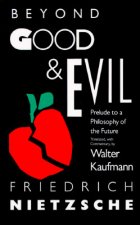
Beyond Good & Evil
15.01 € -8 % -
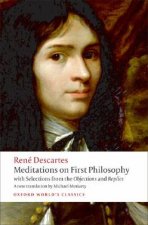
Meditations on First Philosophy
10.65 € -19 % -
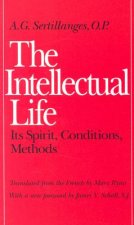
Intellectual Life
19.37 € -19 % -

Socrates' Defence
3.54 € -24 % -
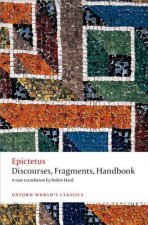
Discourses, Fragments, Handbook
11.66 € -19 % -

Ride the Tiger
21 € -19 % -

Thus Spoke Zarathustra
9.73 € -24 % -
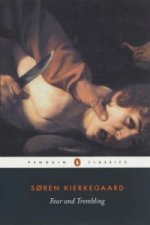
Fear and Trembling
11.05 € -23 % -
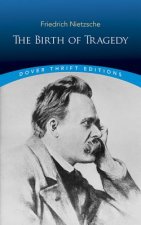
Birth of Tragedy
4.05 € -13 % -
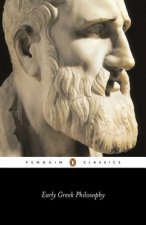
Early Greek Philosophy
14.30 € -23 % -
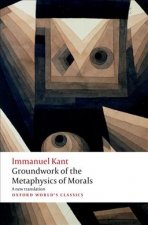
Groundwork for the Metaphysics of Morals
10.95 € -18 % -
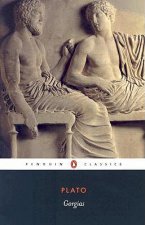
Gorgias
11.76 € -
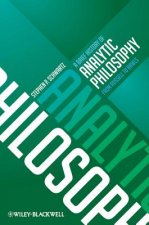
Brief History of Analytic Philosophy - From Russell to Rawls
38.35 € -2 % -
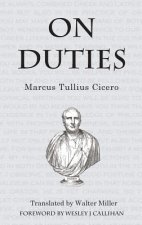
On Duties
13.59 € -4 % -

Discourses and Selected Writings
10.85 € -24 % -

Nicomachean Ethics
5.37 € -28 % -

Nausea
11.05 € -23 % -

Letters from a Stoic
12.37 € -14 % -

Meditations
21.20 € -15 % -

Simulacra and Simulation
22.72 € -

Phenomenology of Spirit
34.80 € -

Twilight of the Idols with The Antichrist and Ecce Homo
5.47 € -26 % -
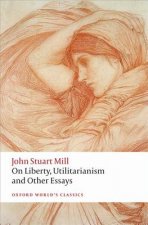
On Liberty, Utilitarianism and Other Essays
8.92 € -23 % -
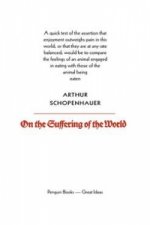
On the Suffering of the World
7.91 € -22 % -
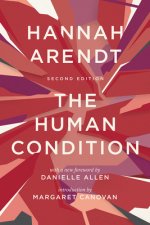
Human Condition
21.61 € -8 % -

On the Shortness of Life
8.62 € -17 % -

Existentialism Is a Humanism
9.02 € -19 % -

Think
12.27 € -14 % -
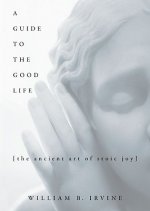
Guide to the Good Life
18.97 € -1 % -
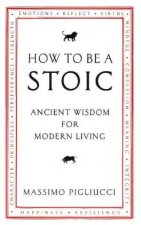
How To Be A Stoic
17.55 € -23 % -

The Symposium
9.43 € -17 % -

Human, All Too Human & Beyond Good and Evil
6.18 € -17 % -
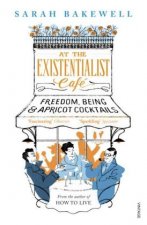
At The Existentialist Cafe
12.17 € -5 % -
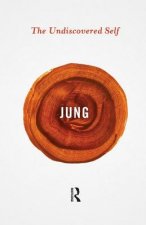
Undiscovered Self
28.41 € -
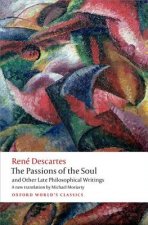
Passions of the Soul and Other Late Philosophical Writings
12.17 € -23 % -
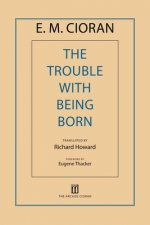
The Trouble With Being Born
13.08 € -18 % -
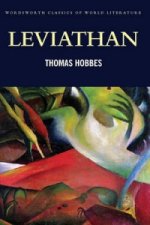
Leviathan
5.67 € -23 % -
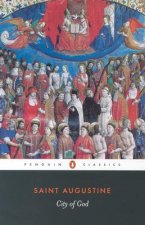
City of God
18.87 € -2 % -
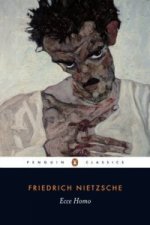
Ecce Homo
10.04 € -22 % -
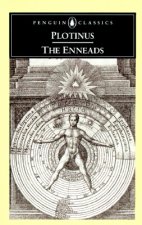
Enneads
16.23 € -19 % -
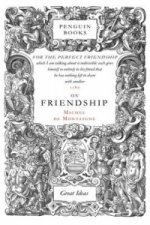
On Friendship
7.91 € -22 %
Osobný odber Bratislava a 2642 dalších
Copyright ©2008-24 najlacnejsie-knihy.sk Všetky práva vyhradenéSúkromieCookies


 21 miliónov titulov
21 miliónov titulov Vrátenie do mesiaca
Vrátenie do mesiaca 02/210 210 99 (8-15.30h)
02/210 210 99 (8-15.30h)